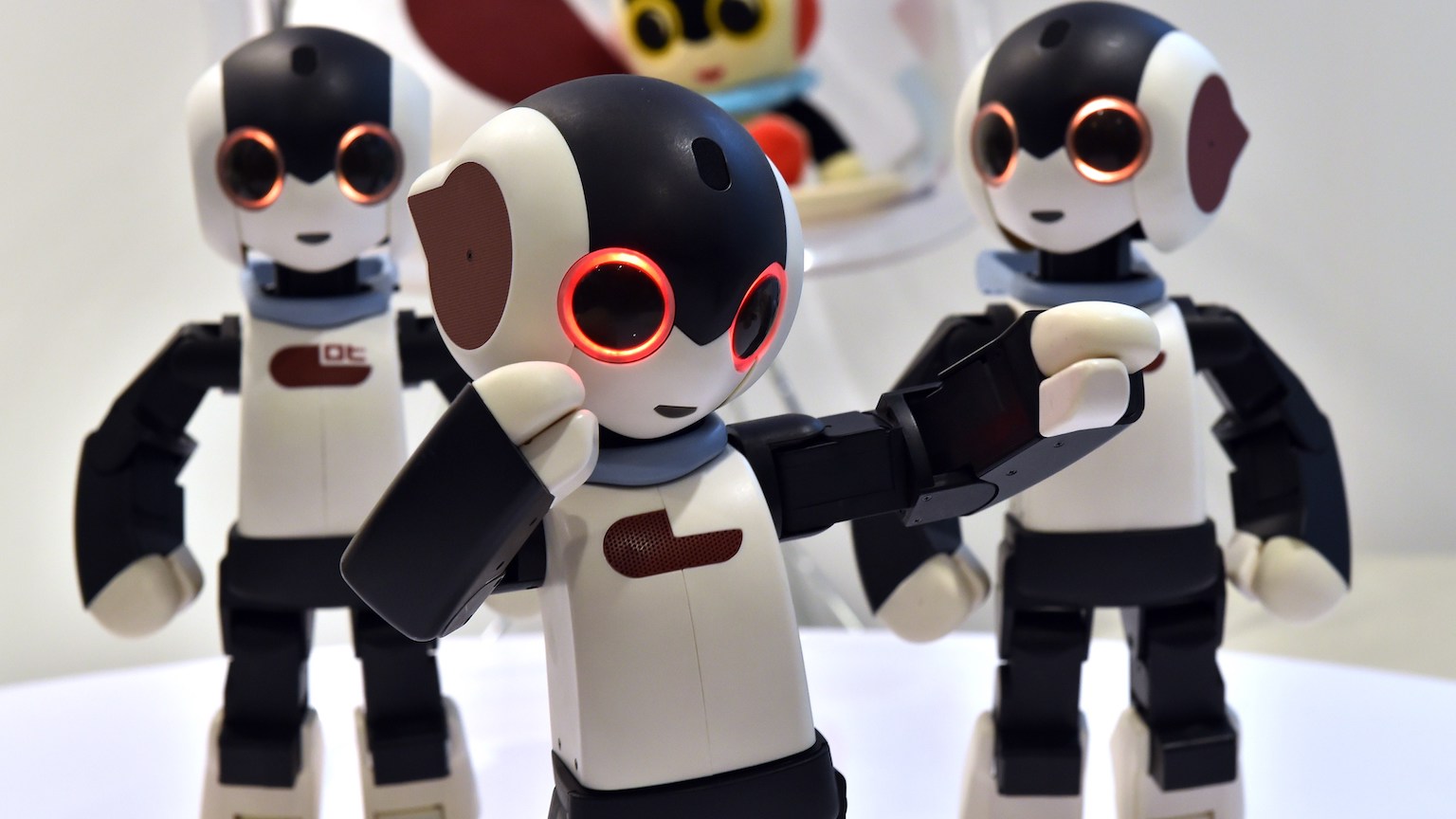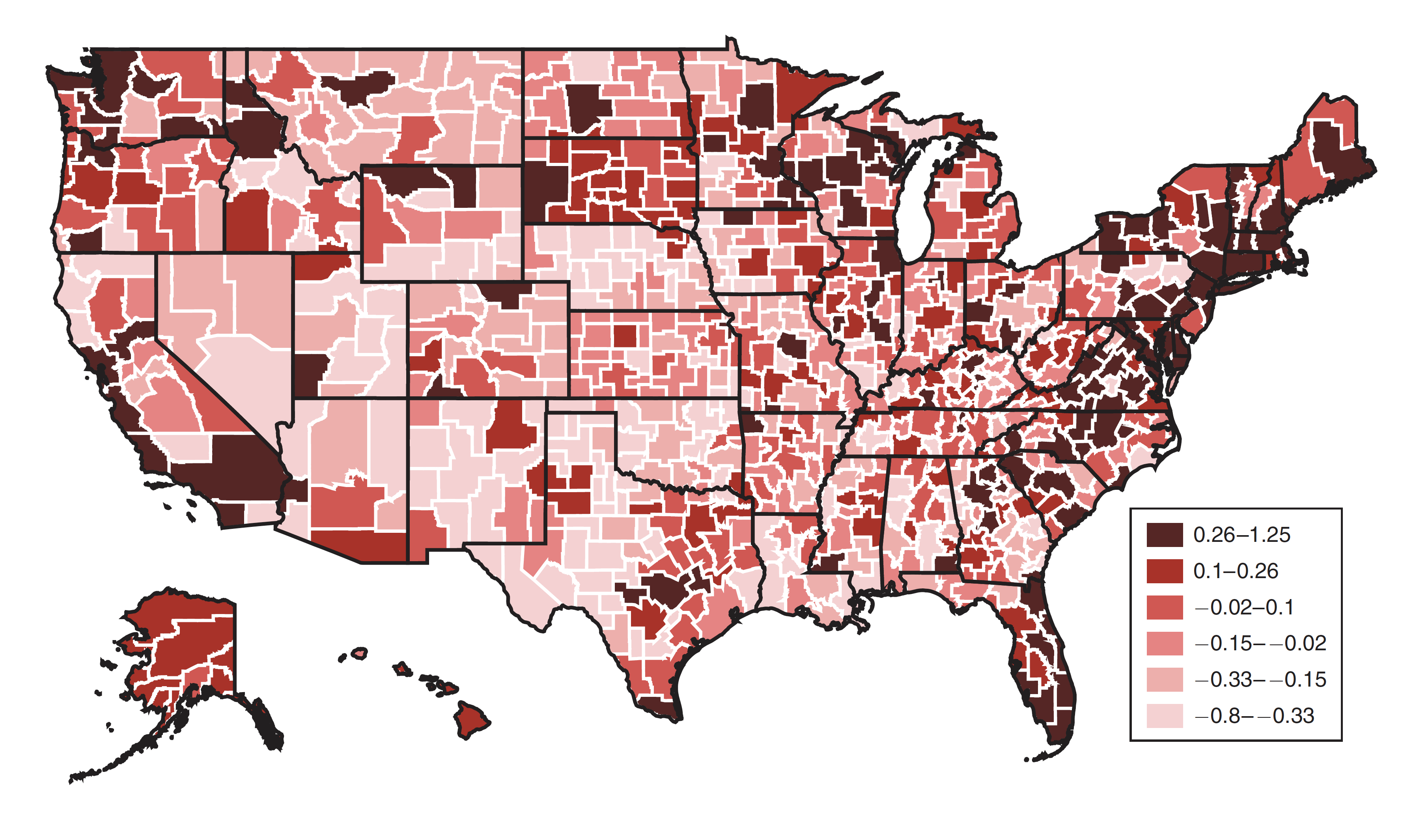Scotty Hendricks
Contributing Writer
Scotty Hendricks is a graduate student and long-time contributor to Big Think. He resides in Chicago.

When “superstar” companies start to dominate their industries, consumers sometimes benefit.
A new study suggests that hunting dogs’ barks convey emotional information about the animals they see.
AI tried to write music. It wasn’t exactly The Beatles.
Cryptocurrency “news” is dominated by enthusiasts and haters. Surely, an intellectual discussion can be had.
American and French troops turned capturing Hitler’s chalet into a game.
How do you recover after an economic apocalypse? It is not what you know, but who you know.
Objective reality exists, but what can you know about it that isn’t subjective. According to some neuroscientists, not much.
Life finds a way — particularly if it has a moon.
A study reports that people think those with similar personality traits look alike and vice versa.
Once limited in range, mass hysteria can now spread across the globe in an instant.
Technology designed to listen for atomic bombs can also hear tornadoes.
Water is vital for life. Luckily for spacefaring humans, the solar system is full of it.
Bitcoin is often derided as volatile, but a new report suggests there is a method to the madness.
Longevity gets a new motto: location, location, location.
A new model addresses a longstanding problem: where do quasars get the fuel they need to outshine entire galaxies?
Medical science can save lives, but should it do so at the cost of quality of life?
Galaxies can die if their star-making stuff is lost. But now it can find its way back.
The universe’s largest seismometer reveals clues about the Gas Giant’s interior.
A program in Brazil both helped and harmed. What can we learn from it?
Betelgeuse, the tenth brightest star in the night sky, mysteriously dimmed last year. Now researchers know why.
Jupiter’s atmosphere is hotter than it should be, and now we know why.
For the first time, light that comes from behind a black hole has been spotted.
Some neurology experiments — such as growing miniature human brains and reanimating the brains of dead pigs — are getting weird. It’s time to discuss ethics.
Before it fueled Woodstock and the Summer of Love, LSD was brought to America to make spying easier.
A socially minded franchise model makes money while improving society.
While we can see many solar storms coming, some are “stealthy.” A new study shows how to detect them.
English is a dynamic language, and this summer’s new additions to dictionary.com tell us a lot about how we’re living.
By slowing down aging, we could reap trillions of dollars in economic benefits.
A new study from Iceland confirms that a shorter workweek improves productivity.





























